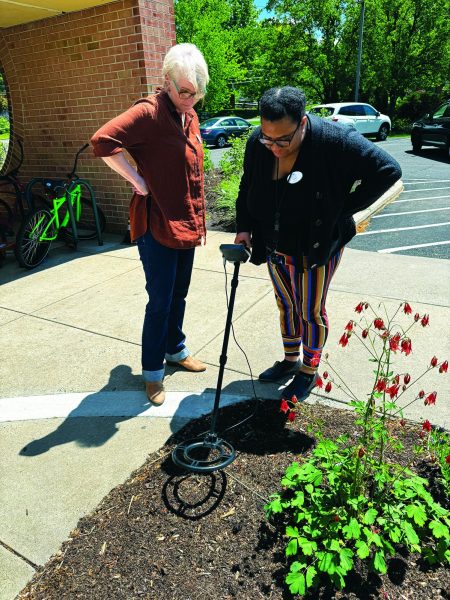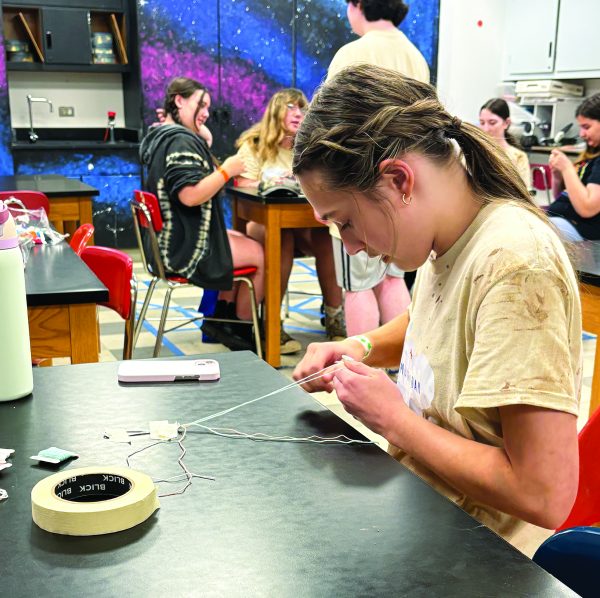Pennsylvania legislation directly impact lives of voters, citizens
To enhance the safety and overall well-being of Pennsylvania’s residents, state legislators meet in Harrisburg to discuss and vote on possible laws for the entire commonwealth. This discussion and voting process means it can often take about seven years for a bill to pass the legislature.

Representing the people…Through their work in the PA House of Representatives, representative Steve Malagari act for the constituents in their county at Harrisburg. Malagari has sponsored a bill that will ban texting while driving that will implement stricter penalties for offenders.
Representing all constituents in each county at Harrisburg, Pennsylvania state legislators pass legislation that is relevant to first-time voters to improve services available to all Pennsylvanian citizens.
Muhlenberg political science professor Christopher Borick said that state policies affect many aspects of the first-time voter’s experience at the polls.
“For example, in Pennsylvania, if a firsttime voter registered as unaffiliated with a party, they are not allowed to vote in primary elections,” Borick said.
According to Pa. Representative Steve Malagari, although not every bill passed will directly affect everyone, “everything that we do has a broad impact.”
“I don’t think there’s anything that goes through the House or the Senate that does not have an impact on the commonwealth. That’s why we’re all there,” Malagari said.
Malagari said that legislation at a state level does take a long time to pass through to be a law because of the constant feedback from many people before it is sent to a final vote.
According to Pa. Senator Maria Collett, this process is “often a very slow and frustrating one.”
“If the majority chair of the selected committee decides to bring the bill up for a vote, and the bill passes out of committee, it may go to the floor for a vote. Again, this is at the discretion of the majority party leadership,” Collett said.
Malagari said that one piece of legislation that could affect students is the funding of local education in the state budget for the 2023-2024 fiscal year.
“You’re going to see more money coming from the state going into the budget [to] the district,” Malagari said.
According to Borick, state policies like this can also affect “funding for higher education and support for vocational training.”
Collett said that she has introduced a bill that would allow students to pre-register to vote, starting at the age of 16, so they are automatically registered once they turn 18.
“This generation really wants to make change in their communities, and I think we should be making that easier to do,” Collett said.
Along with this soon-to-be-proposed bill, Malagari said that he is supporting a similar safety support bill that will enforce a ban on texting while driving.
According to Malagari, this bill will attempt to “[remove] the phone out of someone’s hand while they drive” and prevent more “unnecessary” deaths from happening.
Borick said that there are many ways for students to get involved in state politics early on, including going to local school board meetings to see what topics are being discussed.
According to Borick, it’s best to start looking at legislation that “affects the things [one is] most interested in.”
Collett said that finding news sources that cover state legislation is another choice. “Follow journalists who cover the state legislature and check out their articles,” Collett said.
Malagari said another option is to seek out the websites of the Republican or Democratic caucuses in either the Pennsylvania House or Senate.
According to Collett, voters can always reach out to their respective legislators’ offices directly and “let them know what issues matter the most to [them.]”






